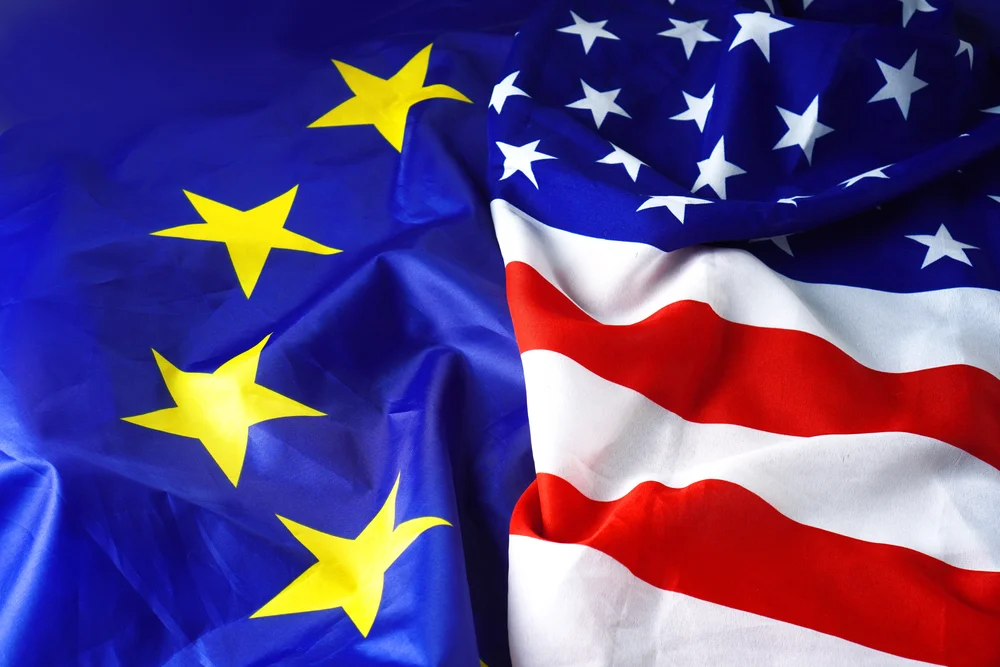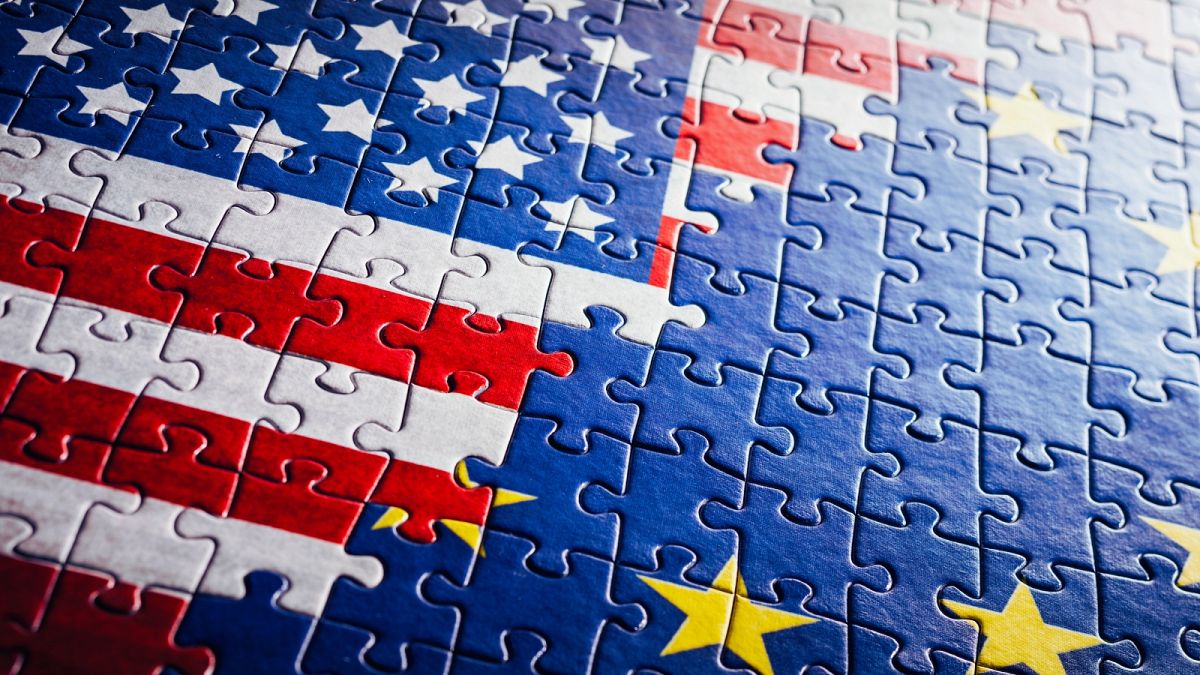Shopping
EU’s new trade deal could empty supermarkets

Farmers across Europe are in open revolt, threatening to block supermarket deliveries.
A Spanish supermarket aisle with an empty red shopping cart.
Credit: Shutterstock, non c
EU farmers gear up for a supermarket siege – Farmers across Europe threaten to block supermarket deliveries.
Farmers across Europe are in open revolt, threatening to block supermarket deliveries and leave shelves bare over a contentious free trade deal struck by European Commission President Ursula von der Leyen. The deal with Mercosur, a South American trading bloc, has sparked outrage as it threatens to flood the EU market with cheap beef and poultry, putting Europe’s farmers at risk of being priced out of their livelihoods.
Manure hits the fan in Dijon
Tractors rumbled into action in France, with angry farmers dumping manure and tyres on the streets of Dijon in a fiery protest against what they’re calling a death sentence for EU agriculture. The scene, which reeked of frustration and fertiliser, could be a taste of things to come as militant farmers across Europe vow to escalate their fight.
Bart Dickens, head of Belgium’s Farmers Defence Force, didn’t mince words when interviewed by the Telegraph: “Von der Leyen is killing us. We can stop the food supply, the distribution to supermarkets. I hope we can do that across European countries. It’s an example. If you kill the farmers, the supermarket shelves will be empty and you won’t have what you want any more.”
The EU’s risky gamble
The trade agreement with Argentina, Brazil, Paraguay, Uruguay, and Bolivia – known as the Mercosur deal – took 25 years of negotiations to finalise. But von der Leyen swooped in to seal the deal during France’s domestic political chaos, a bold but risky move as her second term as EU chief begins. The deal still needs the approval of EU governments and the European Parliament, where opposition is growing louder by the day.
The deal allows 99,000 tonnes of South American beef and 180,000 tonnes of poultry to enter the EU tariff-free, a move that threatens to displace up to 18% of EU beef output. Critics say this will drive prices down and force European farmers to kill their margins just to compete.
A growing rebellion across Europe
Farmers from France, Belgium, Poland, Italy, Spain, and beyond are already plotting their next moves. French militant Serge Bousquet-Chassagne declared his readiness to storm Brussels with an army of tractors if the deal is signed.
Meanwhile, Ireland’s farmers are taking no chances, sending representatives to Brussels to rally opposition. The Irish Farmers Association fears the impact on its beef and poultry sectors, especially after tariffs on Ukrainian agricultural exports were scrapped earlier this year.
Macron plays a double game
French President Emmanuel Macron, who initially opposed the deal, has been accused of ‘playing both sides’. While his government labelled the agreement “unacceptable,” critics say he’s been conspicuously quiet as protests rage on. Macron notably snubbed von der Leyen at the grand reopening of Notre Dame cathedral, a pointed gesture in the midst of this agricultural crisis.
Trump and tractors
Adding geopolitical spice to the broth, von der Leyen is pitching the deal as a safeguard against Donald Trump’s trade threats. With Trump’s return to the White House looking likely, Brussels views the Mercosur agreement as a way to bolster international trade rules. But farmers aren’t buying it.
Will supermarket shelves go bare?
As supermarket blockades loom, the message from farmers is clear: no farmers, no food. With EU leaders deeply divided and protests growing by the day, the Mercosur deal is shaping up to be one of Brussels’ most explosive battles yet.
Von der Leyen may have ploughed ahead, but if Europe’s farmers have their way, her credibility could be left lying in the mud.
What happens next?
EU leaders face mounting pressure to veto the deal, with France, Ireland, Poland, Italy, and Austria leading the opposition. But with powerful backers like Germany and Spain pushing for ratification, this is shaping up to be a bitter fight to the finish. While the Spanish are backing the deal, Spain’s farming groups are against it, meaning Spain could eventually switch sides.
Is the EU trying to sell out its own farmers, or is this healthy competition?
Have your say in the comments section below.
Read more news in English from around Europe.










